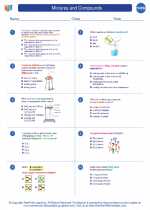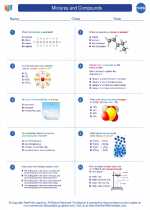Integrative Medicine
Integrative medicine is a holistic approach to healthcare that combines traditional Western medicine with alternative or complementary treatments. It focuses on treating the whole person - mind, body, and spirit - rather than just the disease or symptoms.
Key Concepts
- Holistic Approach: Integrative medicine considers the physical, emotional, mental, social, and spiritual aspects of a person's health.
- Combining Treatments: It combines conventional medical treatments with complementary therapies such as acupuncture, chiropractic care, herbal medicine, and mind-body practices.
- Patient-Centered Care: The patient is actively involved in their healthcare decisions and treatment plans.
- Prevention and Wellness: Integrative medicine focuses on preventing illness and promoting overall well-being, not just treating diseases.
Benefits
Integrative medicine offers several potential benefits, including:
- Improved patient outcomes and satisfaction
- Reduced reliance on medications and invasive procedures
- Enhanced quality of life and well-being
- Personalized treatment plans tailored to individual needs
Study Tips
When studying integrative medicine, consider the following tips:
- Understand the principles of holistic healthcare and how they differ from conventional medicine.
- Learn about different complementary therapies and their potential benefits and risks.
- Explore real-world examples of integrative medicine in practice, such as integrative cancer care or integrative pain management.
- Stay updated on current research and evidence supporting integrative approaches to various health conditions.
- Consider the ethical and cultural implications of integrating diverse healthcare practices.
By understanding the principles and applications of integrative medicine, you can gain insight into the potential of combining different approaches to achieve optimal health and wellness.
.◂Chemistry Worksheets and Study Guides High School. Mixtures and Compounds
Worksheet/Answer key Mixtures and Compounds
Mixtures and Compounds  Worksheet/Answer key
Worksheet/Answer key Mixtures and Compounds
Mixtures and Compounds  Worksheet/Answer key
Worksheet/Answer key Mixtures and Compounds
Mixtures and Compounds 

 Worksheet/Answer key
Worksheet/Answer key
 Worksheet/Answer key
Worksheet/Answer key

The resources above cover the following skills:
Chemistry II
Properties of Matter
Develop and use models to explain the differences between chemical compounds using patterns as a method for identification.
Use mathematical representations to quantify matter through the analysis of patterns in chemical compounds.